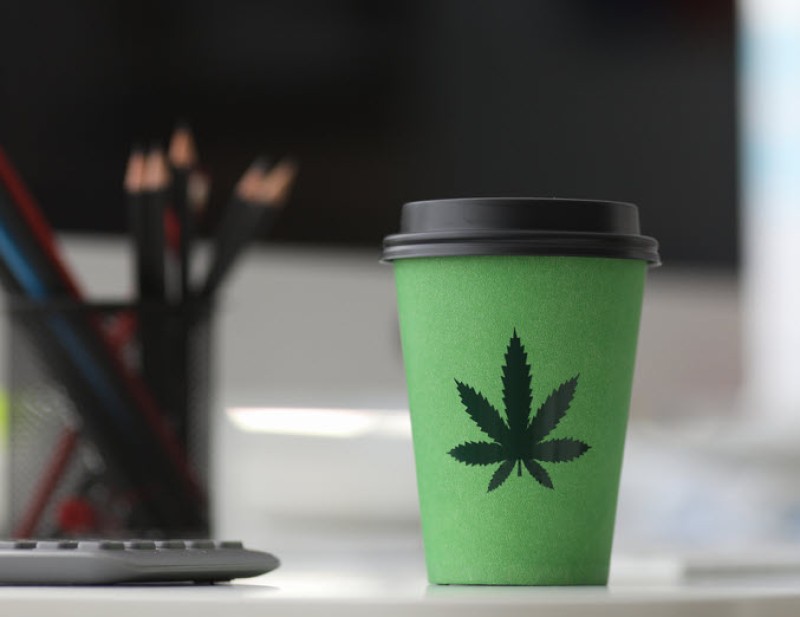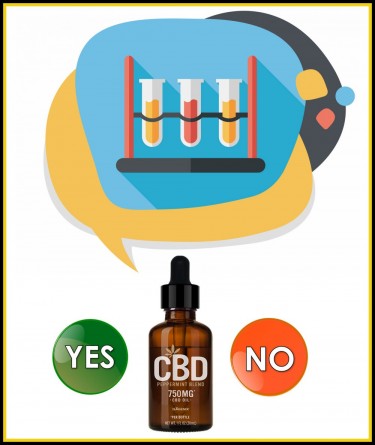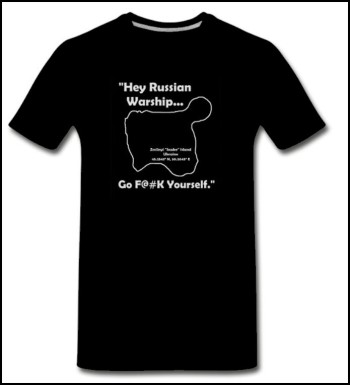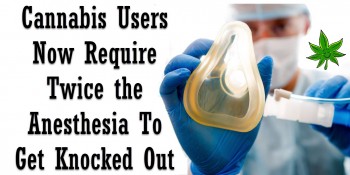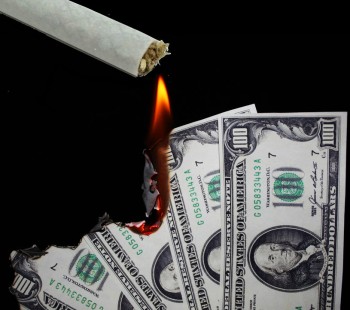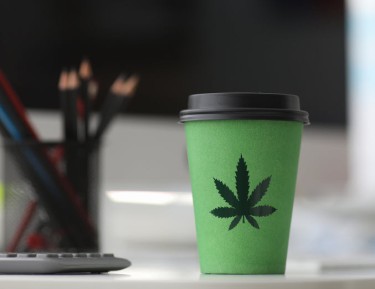
The U.S. Supreme Court is about to make a crucial decision that could reshape the rules around drug testing in workplaces across the nation. The case involves a truck driver who was terminated after testing positive for THC, the psychoactive compound in marijuana, despite claiming to have only used legal cannabidiol (CBD) products. This case is gaining attention because it touches on key issues such as the fairness of drug testing, employee rights, and the evolving legal status of cannabis-related products.
The Rise of CBD and Legal Ambiguities
Understanding CBD and THC
Cannabidiol (CBD) is a non-psychoactive compound derived from the cannabis plant, often touted for its potential therapeutic benefits, including pain relief and anxiety reduction. Unlike THC, which is associated with the "high" commonly linked to marijuana use, CBD products are marketed as safe alternatives that do not impair cognitive function or motor skills. However, the legal landscape surrounding CBD is complex. The 2018 Farm Bill legalized hemp-derived CBD products at the federal level, provided they contain less than 0.3% THC. Despite this legalization, many consumers remain unaware that even trace amounts of THC can lead to positive drug tests.
The Employment Context
For commercial drivers like Horn, drug testing is not merely a workplace policy but a federal requirement governed by the Department of Transportation (DOT). The DOT mandates regular drug testing for safety-sensitive positions to ensure public safety on the roads. A positive THC test can lead to severe repercussions, including job loss and disqualification from future employment in driving roles.
Douglas Horn's Dismissal
In 2020, Douglas Horn, a truck driver employed by a logistics company, found himself at the center of a legal battle that would ultimately reach the U.S. Supreme Court. His ordeal began when he decided to try a CBD (cannabidiol) product called Dixie X, produced by Medical Marijuana Inc., which he believed to be completely free of THC (tetrahydrocannabinol), the psychoactive compound in cannabis. This decision was motivated by Horn's desire to manage chronic pain resulting from injuries sustained in a previous trucking accident.
Horn’s journey into the world of CBD started after he suffered significant injuries, including shoulder and hip damage, from a truck accident in 2012. In search of relief, he turned to CBD products, which were marketed as natural remedies with therapeutic benefits but without the intoxicating effects associated with THC. After researching various options, Horn purchased Dixie X, which claimed to contain “0% THC.” He felt confident in his choice, believing it would not jeopardize his job as a commercial driver, which required him to undergo regular drug testing.
However, shortly after using the product, Horn was subjected to a routine drug test mandated by his employer. To his shock and dismay, the test results came back positive for THC. This unexpected outcome led to his immediate termination from the trucking position he had held for over ten years. The loss was not just professional; it also resulted in significant financial strain for Horn and his family. His wife, who worked alongside him as a team driver, felt unsafe continuing without him and subsequently quit her job as well.
Following his termination, Douglas Horn took legal action against Medical Marijuana Inc., alleging that the company had misrepresented their product. He claimed that their advertising falsely assured consumers that Dixie X was free of THC, leading him to believe it was safe for use without risking his employment. The lawsuit was filed under the Racketeer Influenced and Corrupt Organizations (RICO) Act, a federal statute originally designed to combat organized crime.
Horn’s legal argument hinged on whether his job loss constituted harm to his “business or property,” which is a prerequisite for pursuing claims under RICO. This aspect of the case is particularly significant because it raises questions about how personal injuries can be framed within the context of business losses.
The RICO Act
The RICO Act allows individuals who have suffered injuries due to racketeering activities to sue for damages. It provides a mechanism for victims to seek triple damages if they can prove that their injury resulted from unlawful activities conducted by an organization. While traditionally associated with organized crime, RICO can also apply in civil cases where individuals claim economic harm due to fraudulent practices.
In Horn’s case, he argued that Medical Marijuana Inc.’s misleading marketing constituted racketeering activity that directly led to his job loss. He claimed that the company’s actions amounted to mail and wire fraud under RICO provisions.
Legal Proceedings and Challenges
Initially, Horn’s lawsuit faced challenges in lower courts. A federal trial judge dismissed his RICO claim, stating that it did not meet the necessary criteria for “business or property” injury as outlined in the statute. However, Horn appealed this decision, and the Second Circuit Court overturned the dismissal, allowing his case to proceed.
The appeal brought forth several critical questions regarding the interpretation of RICO and its applicability in this context:
-
Definition of Harm: Did Horn’s termination from his job constitute harm to his business or property? The crux of this question lies in whether personal injuries can be reclassified as business injuries under RICO.
-
Causation: Was there sufficient evidence to establish that Medical Marijuana Inc.’s actions directly caused Horn’s job loss? Establishing this link is essential for proving damages under RICO.
-
Implications for Future Cases: If Horn were successful in his claim, what precedent would it set for similar cases involving CBD products and employment disputes?
Supreme Court Review
The case eventually reached the U.S. Supreme Court, where justices deliberated on whether Horn could pursue his lawsuit against Medical Marijuana Inc. under RICO. During oral arguments, several justices expressed concerns about the implications of allowing personal injury claims to be framed as business injuries under federal law.
Justice Sonia Sotomayor noted that while there are complexities involved in interpreting RICO’s provisions, establishing that Horn suffered harm to his business or property would be crucial for his case to proceed. Justice Ketanji Brown Jackson raised questions about whether Horn’s situation truly represented an injury beyond personal harm.
The manufacturers' legal team argued that Horn’s injuries were personal and did not fall within the scope of RICO protections designed for economic harm related to business interests. They contended that allowing such claims could lead to an influx of lawsuits where personal grievances are transformed into federal issues better suited for state courts.
Conclusion
Douglas Horn’s dismissal and subsequent legal battle represent a significant moment in cannabis law and employment rights. As attitudes toward cannabis products evolve and more individuals turn to CBD for relief from various ailments, cases like Horn’s highlight the urgent need for regulatory clarity regarding product labeling and consumer protections.
The Supreme Court's ruling on this matter will not only determine Horn’s fate but may also set important precedents affecting how similar cases are handled across the country. As we await their decision anticipated by June 2025 the implications for workers navigating employment policies amid changing cannabis laws will undoubtedly continue to unfold.
TESTING POSITIVE FOR THC AFTER TAKING JUST CBD, READ ON...
CAN YOU TEST POSITIVE FOR THC AFTER TAKING CBD? YEP!
